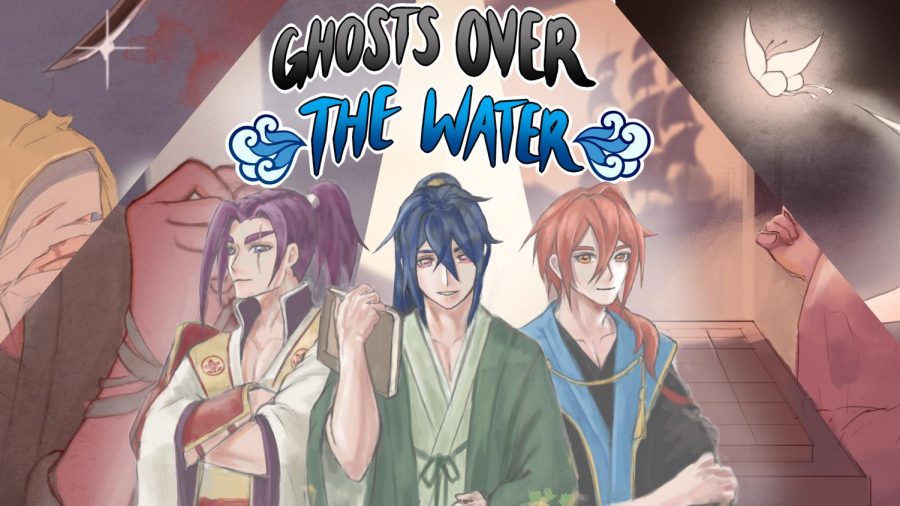UT JapanLab partners with Yale students to create Japanese history game
November 3, 2022
Studio Unagi and the UT JapanLab teamed up to produce a visual novel game — released in early August — about the history of 19th-century Japan.
According to the UT JapanLab website, Ghosts over the Water: Changing the Tides of Japan’s Future “incorporates over 130,000 words of meticulously researched text and lasts for around 10 hours.”
A team of four students along with the support of history professor Adam Clulow and digital humanities specialist Haley Price worked on the project for about six months before it was released. Clulow said they had a common goal to make this game an innovative resource for students wanting to learn more about the history of Japan by being immersed in the narrative itself, and not just reading a textbook.
“I’ve got 100 students in my last class, and I asked how many students play video games, and 95% of students put up their hands,” Clulow said. “Video games are this key conduit for students coming into classrooms, especially with students coming into Japanese history classrooms. I started thinking, ‘It would be great if we could develop our own games, because the games that exist, some of them are good, some of them are bad, all of them are problematic.”
Lead programmer Ben Brown said the game wasn’t set to take six months, because Clulow originally had a simpler vision of what the game would be. But the students had much more in mind.
“(Clulow) thought it was going to be maybe a single chapter,” Brown said. “But we ended up making a fully-fledged game, and we just ran off with it and made something much more ambitious than what Clulow envisioned.”
The game allows the player to exist as Tsumaki Naoharu, “an ambitious and curious young samurai” as he tries to navigate three factions that existed in Tokugawa, Japan at the time, according to the JapanLab website. The game takes place after American ships commanded by Commodore Matthew C. Perry stormed Edo Bay, demanding they be allowed to trade.
“There are Americans that come to the shores of Japan, and they’re demanding that Japan opens up to the West. This is after 200 years of a closed-door policy,” said Alexis Wu, co-narrative writer and UT alumnus. “Your goal in the game is to navigate through the tough political landscape and try to help them make a decision, but you find it’s a lot harder than it seems at first glance.”
When discussing the actual containments and plot of the game, project manager and Yale alumna Isabella Yang said the students felt they should focus on this specific point in Japanese history, as it is such an important one for students to understand.
“Perry’s expedition to Japan is one of the most important historical episodes in Japanese history,” co-narrative writer Yang said. “The reason why we chose to do this period is that every single learner of Japanese history will encounter this episode. It essentially decided Japan’s fate for the next 50 to 100 years.”




